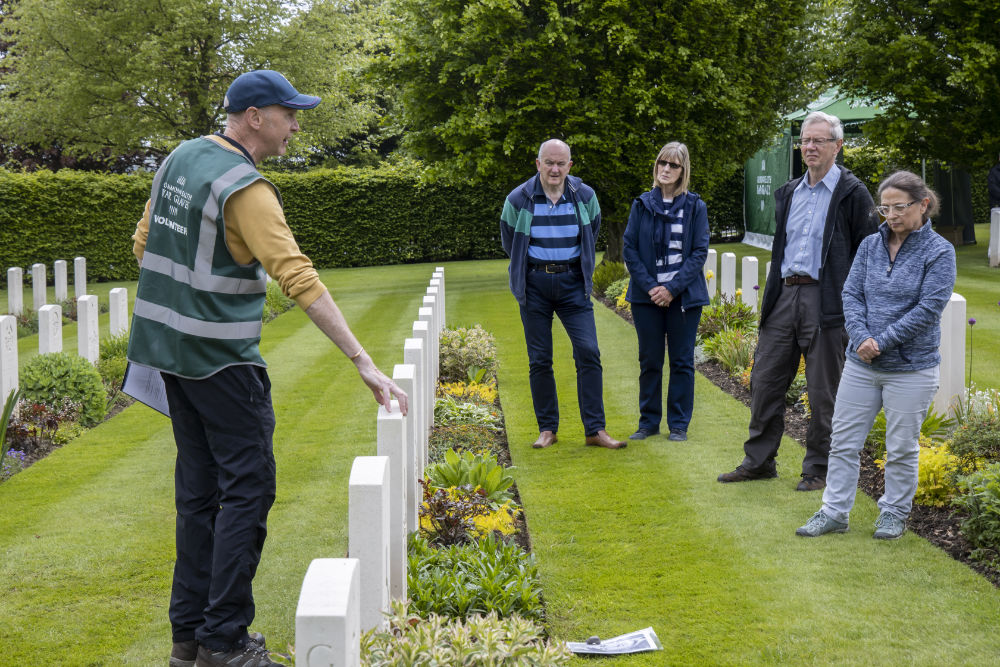Introducing new technology into any existing education system can be incredibly difficult. In addition to learning how to use the technology themselves, the teachers play an active role in making sure it is correctly implemented across different classes and pupil abilities. The role of the teacher here is key in ensuring that this technology is fully adopted by schools and services that need it the most. Let’s take a closer look at why this active role is so crucial.
A New Responsibility
The role of teachers is ever-changing, and it is important that we recognise all the facets that they need to cover now. They need to make sure that they are preparing students for life outside of school, in today’s modern workplaces. With the advent of so many new digital solutions available, it’s important that educators reflect on how these can be used to support and where appropriate, enhance experiences and teaching and learning.
It is not enough to ensure that pupils are given the information in lessons; they also need to be able to fully understand what this information might be and how they can retain, transform, and use it. From nursery level all the way up to post-graduate university students, this is a vital skill that needs to be constantly developed.
This is just one of the areas where we are seeing more of an integrated role on the part of educators. The job is evolving, and with it comes a need for the individuals behind the job to constantly evolve too. Be it caregivers, lecturers, or technical experts, teachers are expected to keep up with the changes and new challenges that are presented for them to take on. Most are doing exactly that and , in turn, are making the learning environments of the students a more engaging place for them to learn in.
Changing Environments
Teachers need to make sure that they are part of the active voices promoting tech implementation simply because the classroom environments are changing so much. In addition to the changes in curriculums we have seen in the past few years, there have also been massive changes to the classrooms and learning environments we have used.
Even y newly-qualified teachers are entering learning environments that are very different from the ones that they might have left just a few years previously. We are currently experiencing a technology boom that means new and improved versions of products are always emerging. Within many schools around the world, in just a few decades we have gone from a few dedicated computer labs for the entire school to use to access to devices for each and every student.
If schools are unwilling to adopt this introduction of new technologies, they risk holding back their pupils in other areas. Teaching is very much a multi-discipline subject. Though one might be qualified to teach history, there are a myriad of other skills that are taught beyond the understanding of historical events. Teachers need to be open to and adapt technology, where appropriate to help create engaging lessons and learning environments that all their students will enjoy.
Expert Support
Teachers might feel alone when trying to come up with new techniques and tools that they can use to promote teaching in their schools. However, there are several other voices that are supporting them who come from many other backgrounds and experiences. One such expert who is fully entrenched in supporting teachers and education efforts is Al Kingsley. With a background in tech and decades in education, he is in the perfect position to create the bridge between the two.
He has a 30-year career developing tech that has seen him work for brands such as Barclays Bank and Unilever, in addition to leading the software developers NetSupport as their group MD. On top of this, he has also spent 15-years leading various multi-academy trusts panels, including serving as the Chair of the Cambridge & Peterborough country SEND board, to find out what the needs of students and teachers are at ground-level.
By pushing for the continual development and training of technology and other sources, there is plenty of opportunity for his influence to help deliver change. Schools are not always going to be able to easily achieve change on their own, they also need to be supported and helped by leaders such as Kingsley.
Pupil Support
As well as providing an education, schools also need to offer their students pastoral support to help them grow and flourish as individuals. With the right support, students can learn and prosper, but it takes a lot of effort to find the right approach for each pupil. EdTech can help schools to provide the pastoral care that students need effectively, but only if it is implemented correctly and the right tools are chosen.
If the wrong tools are used, then they won’t benefit students and help them to learn. While you can throw any number of tools and technology at schools, there is no guarantee that they will actually prove beneficial or ultimately make an impact. The solutions need to be selected as part of a broader digital strategy where the aims are clearly defined, teaching and learning are at the centre and ways to measure success can be defined. That’s why teachers can help to choose the right technology; they’re the ones providing the pastoral care to students, and they understand how to combine this with teaching to help every pupil achieve their true potential.
Classroom Knowledge
Finally, only is the educators are going to be able to say whether a new piece of tech will ultimately be practical and beneficial in the classroom. Developers might be able to come up with some amazing new tool that completely changes the way we handle certain parts of learning, in theory. However, when fully evaluated in schools, it is found that this is actually lacking. Look for peer recommendations or case studies to evidence.
The success of technology like Kahoot and other fun learning tools has to be attributed in part to teachers who are willing to build them into their curriculums. Having just straight lectures is not the way to teach any more. Teachers might have a core list that they have to ensure their pupils have, but control is increasingly being handed over to them to best dictate how they pass such knowledge along. As a result, any new piece of tech needs to be properly trialled by teachers – not suppliers. Only they have the power to determine whether something will be beneficial.
Final Thoughts
The world of education is constantly shifting. New ways of teaching and technology are constantly shifting in and out of fashion, but the core of this profession will always lie with the teachers themselves. Any new technology that claims to help pupils must first be trialled by the teachers themselves, and they should be the ones to introduce it to their classrooms. By doing so, they will be able to create the optimum learning environments for their pupils. By choosing to actively engage in new technology developments, many teachers will find themselves able to deliver the results that they seek. There is always a way to create new and exciting lessons, and the latest educational tech might be the way to do it.







